Communities of Practice
Communities of practice (CoPs) bring together parents/guardians and professionals who support blind and low vision transition-aged youth to learn together and build community.
Fill out an interest form
The Purpose
Families and professionals who support blind and low vision youth have limited opportunity to connect. Our CoPs aim to be a space where families and professionals with lived experience can share their knowledge, interact with experts from across the country, and gain guidance to support students in achieving their in-school and post-school goals.

Who Can Participate
CoP members may be from any U.S. state or territory. Preference will be given to those living in rural communities.

Professionals
We invite TVIs, O&M specialists, special educators, general educators, Pre-ETS providers, school counselors, related service providers, and other professionals.

Adult family members
We invite any adult family members of blind and low vision transition-aged (14-22) youth.
The Structure
Each CoP will rely on the Extension for Community Healthcare Outcomes (ECHO) model.
The ECHO model has been implemented for educational training across the country to bring together professionals and families to solve a range of challenges and to build community.
In our ECHO-based model, transition professionals and family members will meet for 60 minutes every other week for two months (four meetings total). Our CoPs are free to all participants.
.webp)


Benefits of Participating
From participating in our CoPs, participants will:
- Be able to implement research-informed practices to support blind and low vision students.
- Develop community with parents and professionals with shared lived experiences who you can reliably return to when you need help problem-solving.
- Leave with resources, strategies, and the confidence to support blind and low vision transition-aged youth.
- Directly interact with transition to adulthood experts from across the country in a safe space.
.png)
The Timeline

CoP 1

Sep - Oct 2025
CoP Focus: Postsecondary Education
CoP 2

Jan - Feb 2026
CoP Focus: Employment
Meeting Format
Network participants from rural areas will actively learn from one another as knowledge is tested and refined through a local lens.
10-20 min
Training on transition best practice
During a CoP session, EMPOWER VI staff or a subject matter expert will deliver 10-20 minutes of training on a secondary transition best practice we know to be effective for supporting the postschool outcomes of transition-aged youth.
30-40 minutes
Discussion of your practices
CoP members will share personal experiences through case study or discussion. Experiences may highlight ongoing challenges, successful strategies, and anything in between related to student transition. As a community, we will learn from one another, help one another, and identify actionable solutions to improve transition to adulthood for blind and low vision youth.
5-10 minutes
Wrap-Up
EMPOWER VI staff will share valuable resources related to the secondary transition topic and preview the next CoP session.
Interested in Participating?
We will begin recruitment for our next CoP in Feburary 2026. Check back here if you want to participate to fill out an interest form.



